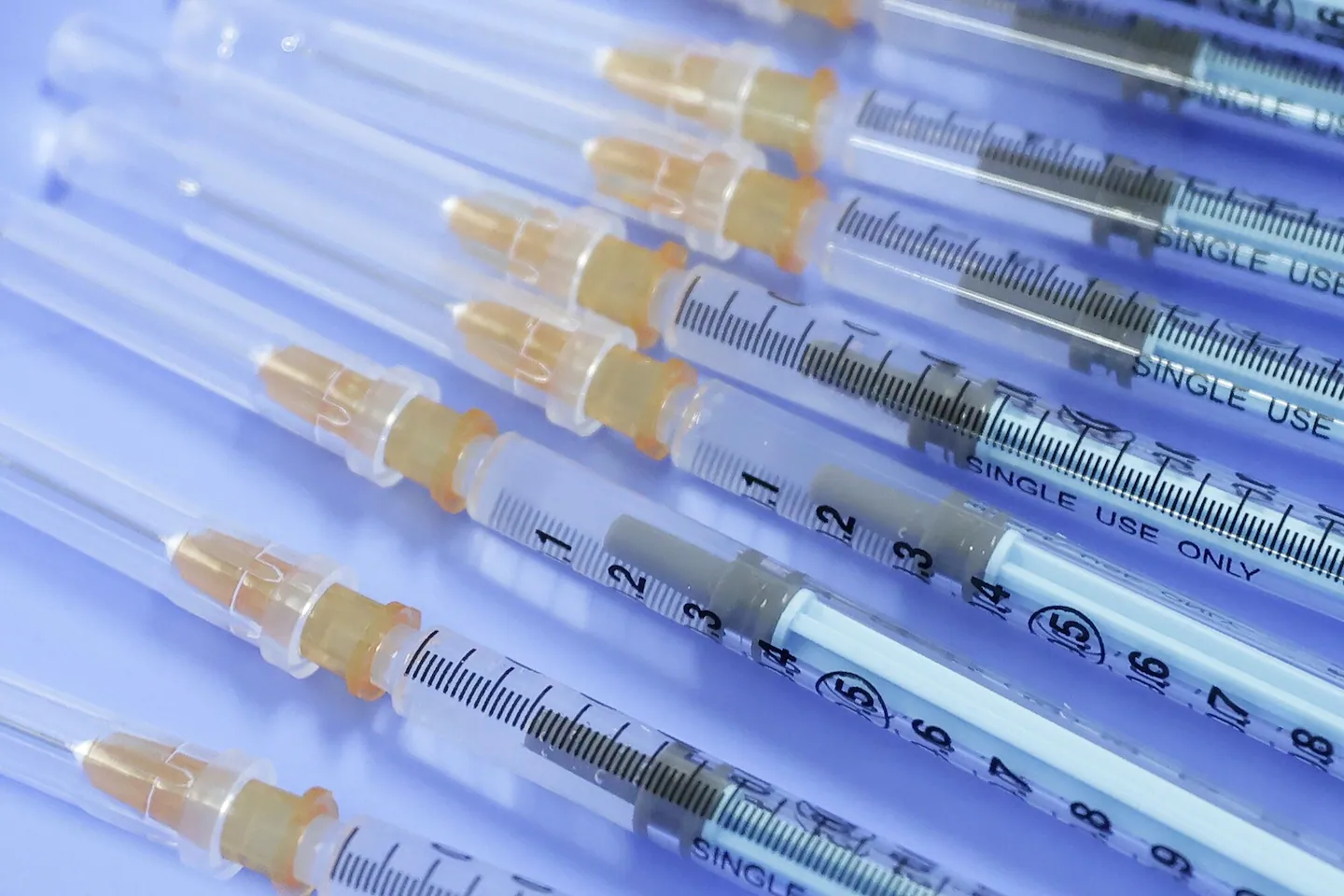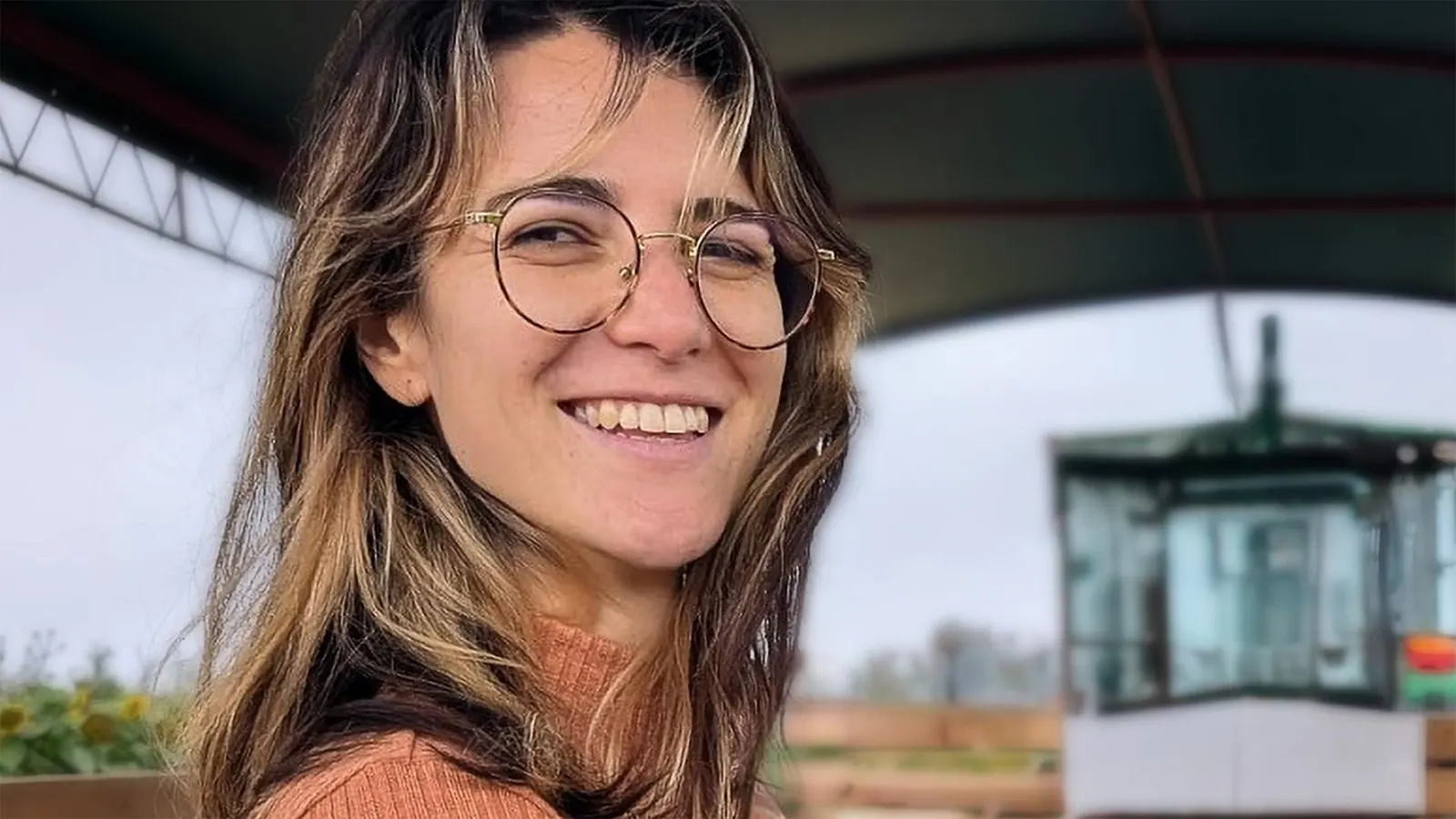
Chances are, you’ve heard conflicting information about whether to get vaccinated for COVID-19. If you’re like most Americans, you want clear and simple guidelines on how to stay healthy, and want your important personal health decisions to be free of politics.
COVID-19 cases are ticking up now, and we can expect a surge in coming months. COVID surges are common when school starts, and after busy holiday seasons when many of us attend more social events. Unfortunately, the federal government has reduced many health-related communications, so some people may not realize their risks.
We want to provide people with the facts so that they can make the best decision for their health and the health of others around them.
Advertisement
What has changed with the science about vaccinations in the last year? Not much. You should probably still get vaccinated to protect yourself from this respiratory virus. There will still be a chance of getting COVID-19, but the vaccine significantly reduces your chances of severe illness, hospitalization, or death.
Based on the best scientific information available, here’s what you need to know to protect yourself and stay healthy:
There are three vaccines that have been approved by the FDA for use during 2025-2026. (Moderna, Pfizer/BioNTech and Novavax).
People who want to avoid severe illness or COVID-19-related hospitalizations should get vaccinated.
The vaccine is safe for people who are pregnant or breastfeeding. Vaccines are also safe for kids. Get your children vaccinated so they can also stay healthy and reduce the chances of transmitting COVID-19 to others.
Advertisement
If you recently had COVID-19, it’s reasonable to wait about 90 days before getting vaccinated. This is because your body has likely already made antibodies against the most recent COVID-19 strain.
The only medical reason to avoid the COVID-19 vaccine is if you have an allergic reaction to the vaccine.
We highly recommend vaccinations for the following populations:
People 50 years and older and especially those 65 years and older. Age continues to be the most significant risk factor for severe COVID-19, including hospitalization and death.
People with underlying health conditions that raise the risks of complications from COVID-19, including: respiratory ailments, obesity, immunocompromising conditions, heart disease, mental health conditions, and liver or kidney disease.
People with physical disabilities or who are physically inactive.
People who smoke.
People who are around others at higher risk for contracting COVID-19 should receive the vaccine to help protect themselves and their loved ones. This could include people who live with an older person or someone with an underlying medical condition. This also includes health care workers who routinely care for people with underlying medical conditions.
People whose jobs require interactions with many people on a regular basis.
Other commonly asked questions include:
Given everything that is happening, can I even get the vaccine? Yes, you probably can get vaccinated at your pharmacy or at your doctor’s office. Many pharmacies allow you to make appointments online.
Will insurance cover the cost? Probably. Insurers understand that it’s in their best interest to keep people out of the hospital, so most insurers are covering the cost of vaccines, even for people who may not fall within the newest FDA-approved COVID-19 guidelines.
Who can I trust for COVID-19 information?
Many state health departments around the country, as well as many medical societies, are dismayed about the politicization of the vaccine conversation and are developing their own science-based guidelines. Trusted sources include many state health departments, American Academy of Pediatrics (AAP), American College of Obstetrics and Gynecology (ACOG), American College of Physicians (ACP) and the American Academy of Family Physicians (AAFP).
You can also learn more about COVID-19 on our website at odhpvd.org.
If you still want more information, it’s probably best to ask your doctor about COVID-19.
Advertisement
Most Americans want to do what is best for themselves and their loved ones. The stakes are high for the elderly and people with underlying medical conditions.
To take care of yourself and your loved ones, take the politics out of health and science. Get vaccinated for COVID-19.
Dr. Philip Chan is the chief medical officer of the Rhode Island Public Health Institute and Open Door Health. Dr. Amy Nunn is the chief executive officer of the Rhode Island Public Health Institute and Open Door Health.



